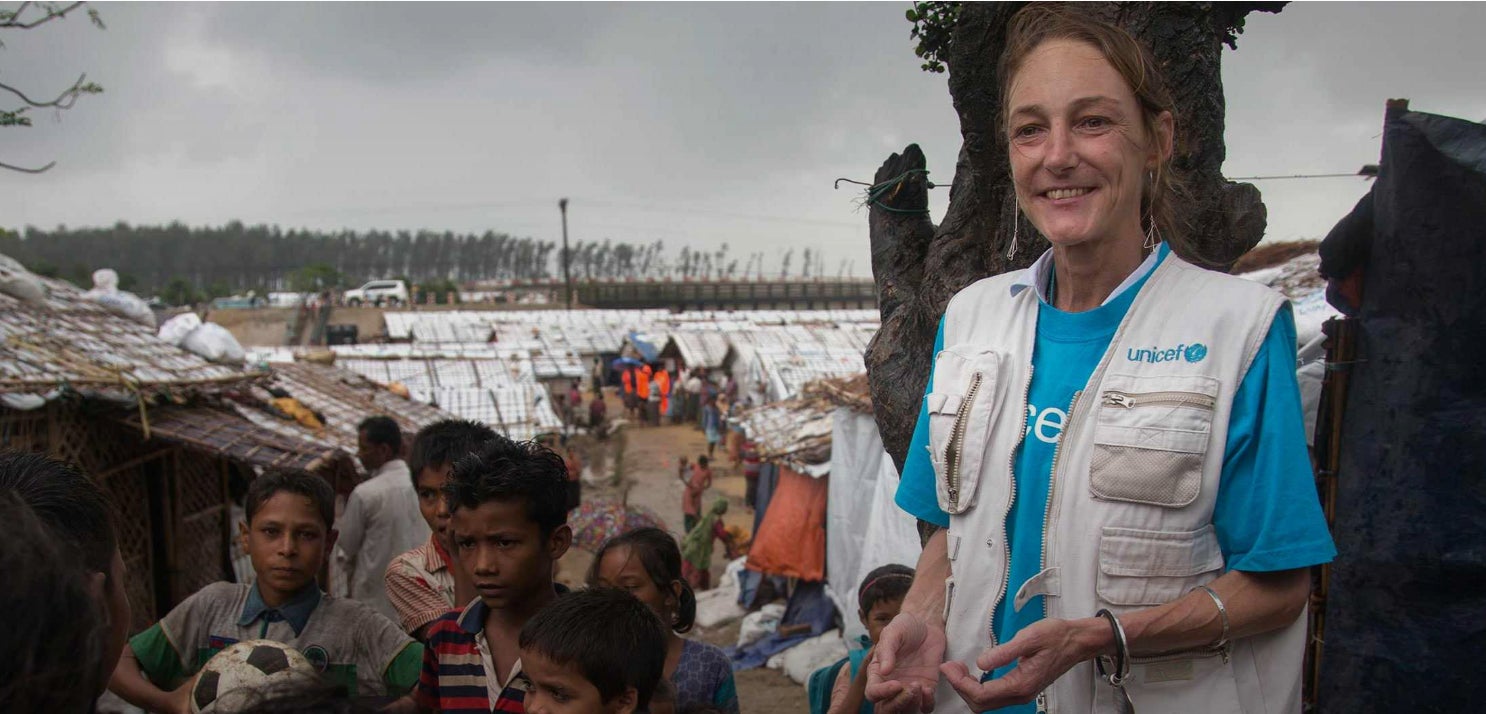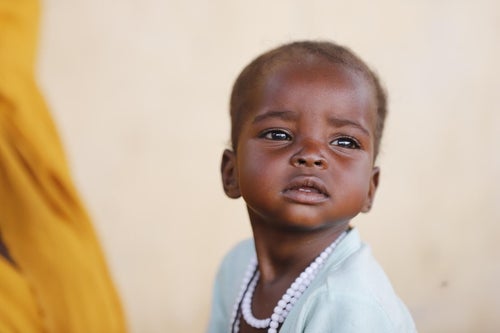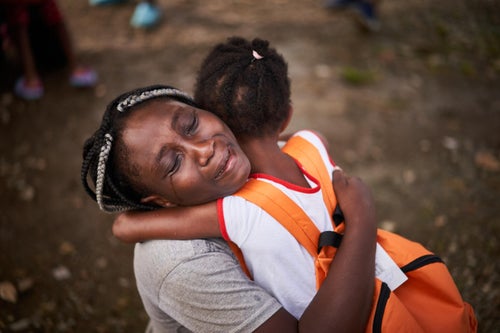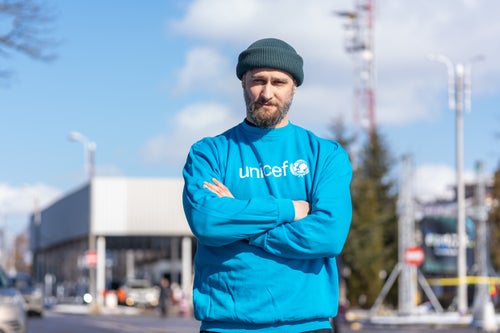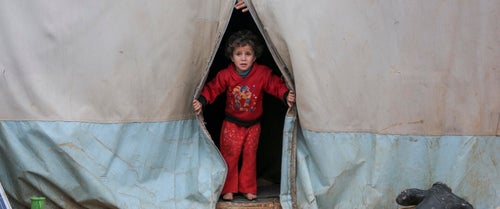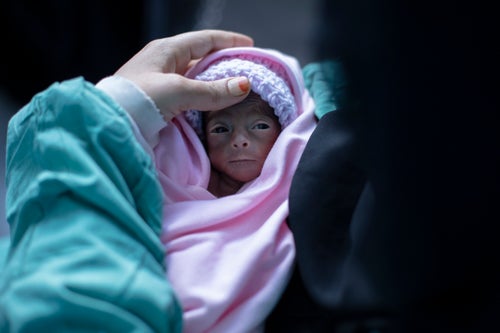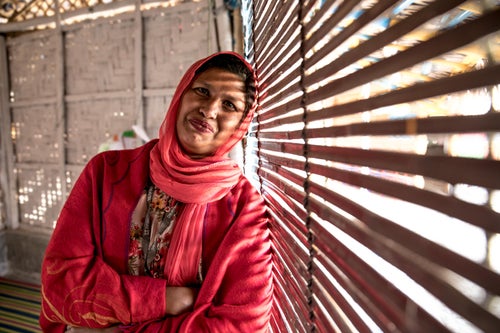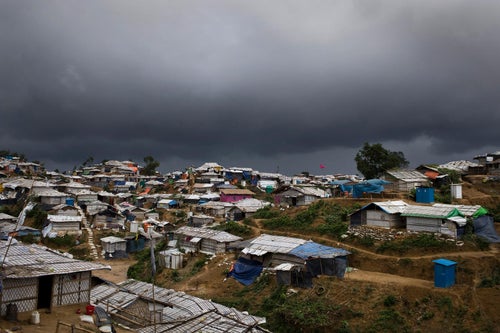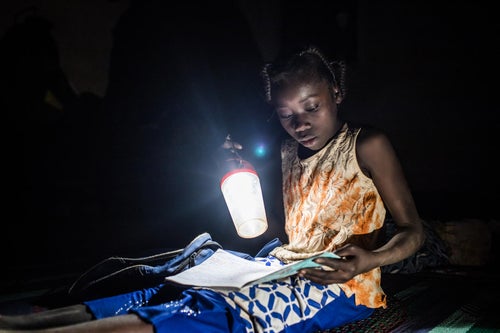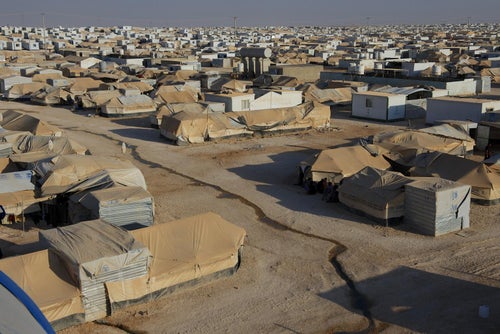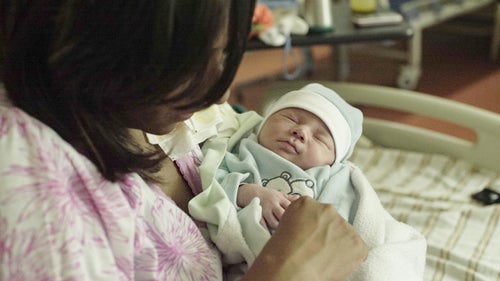As monsoon rains intensify in the Rohingya refugee camps, half a million children are at risk. UNICEF’s Krissie Hayes, from Melbourne, is tasked with the overwhelming job of protecting them.
In the vast Rohingya refugee camp of Kutupalong in Cox’s Bazar, Bangladesh, tens of thousands of flimsy shelters are perched dangerously on steep hills where once there were forests. And if you know where to look, in among them, Australian lawyer turned humanitarian Krissie Hayes can often be found, helping to prepare communities for the onslaught of a monsoon.
“It absolutely terrifies me thinking about what is going to happen here during the monsoon season,” says Krissie. “We’re doing everything we can to prepare but part of it is out of our control. These people are trapped.
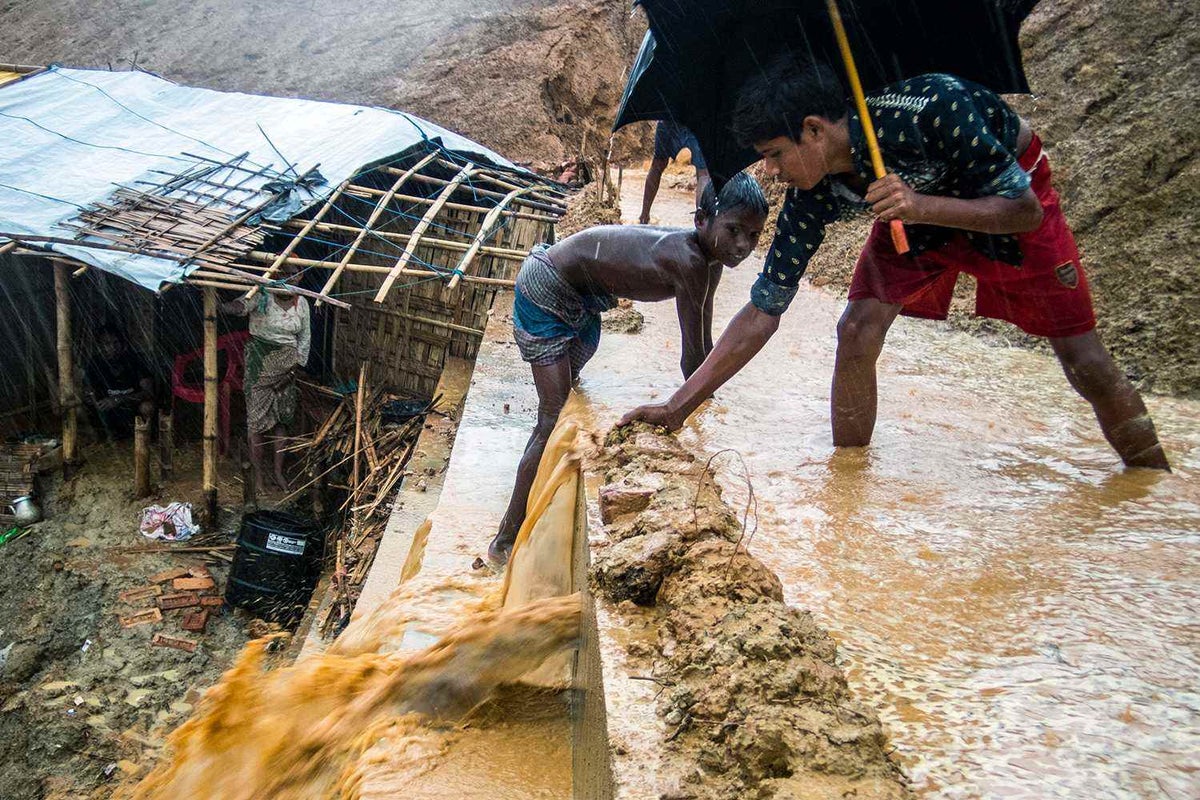
The sprawling camps of Cox’s Bazar have become home to over 900,000 Rohingya refugees. Fleeing extreme violence in their birthplace of Myanmar, refugees built shelters out of tarpaulin and bamboo, on every conceivable spare space of land. They arrived in one of the poorest countries in the world with few if any possessions and were forced to make do with whatever they could.
With a Masters in International Law, Krissie has worked in humanitarian protection in global hotspots including Gaza and Somalia. But it was her regional work across the cyclone-prone Pacific which gave her the most insight into the scale of the new threat now facing refugees in Cox’s Bazar, as they brace for torrential monsoon rains which have already started and will last until September.
“The greatest risk in Cox’s Bazar is of landslides and flooding. There are no trees, there are giant holes in the land – and huge pits which will flood,” Krissie warns.
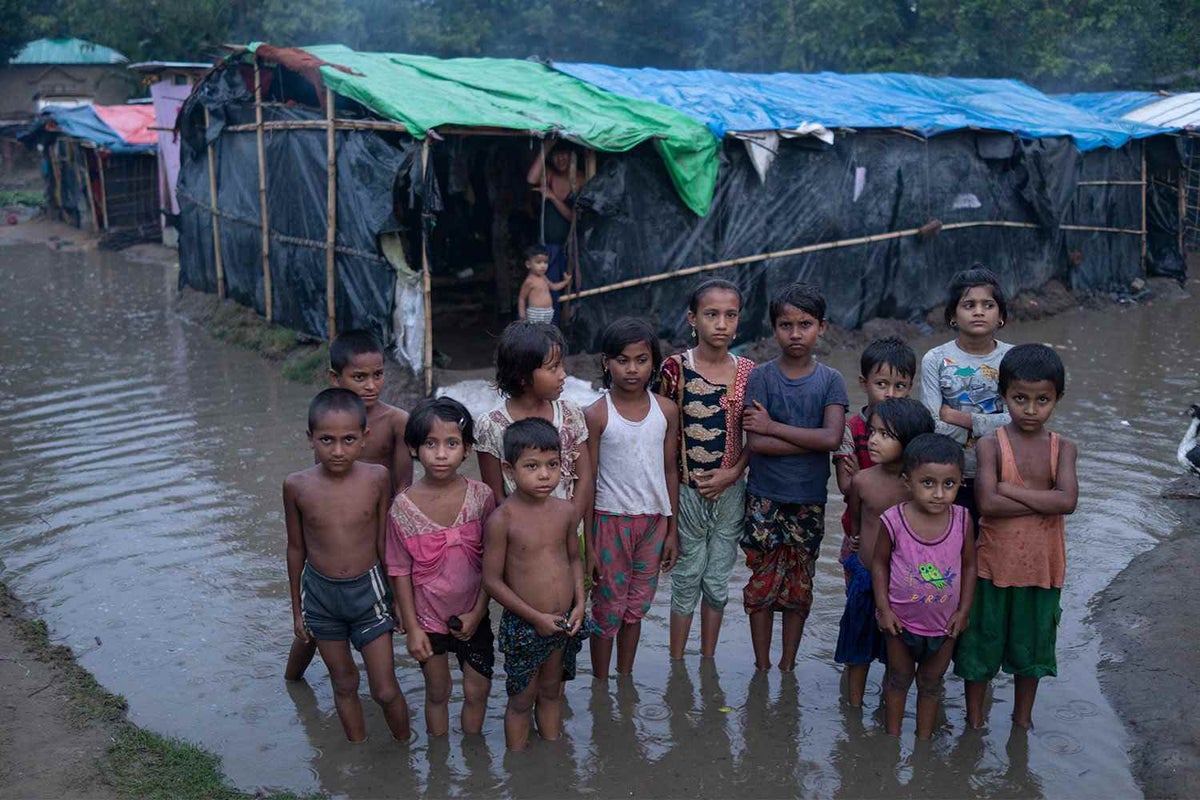
Krissie says flooding also threatens to inundate many people’s new homes, and many of the essential services like medical and learning centres, which were hastily set up since this latest wave of refugees began arriving in Cox’s Bazar last August. The speed at which children and their families fled into Cox’s Bazar from neighbouring Myanmar took everyone by surprise.
“Despite excellent work by a lot of people working together to find solutions, we are likely to see more destruction and displacement.”
“Leading up to the rainy season there has been an added sense of urgency to our work,” says Krissie.
“We are doing everything possible to protect children – setting up safe spaces where they can meet with their parents and caregivers in the event they are separated – which, with the torrential rains coming, is very likely,” she says.
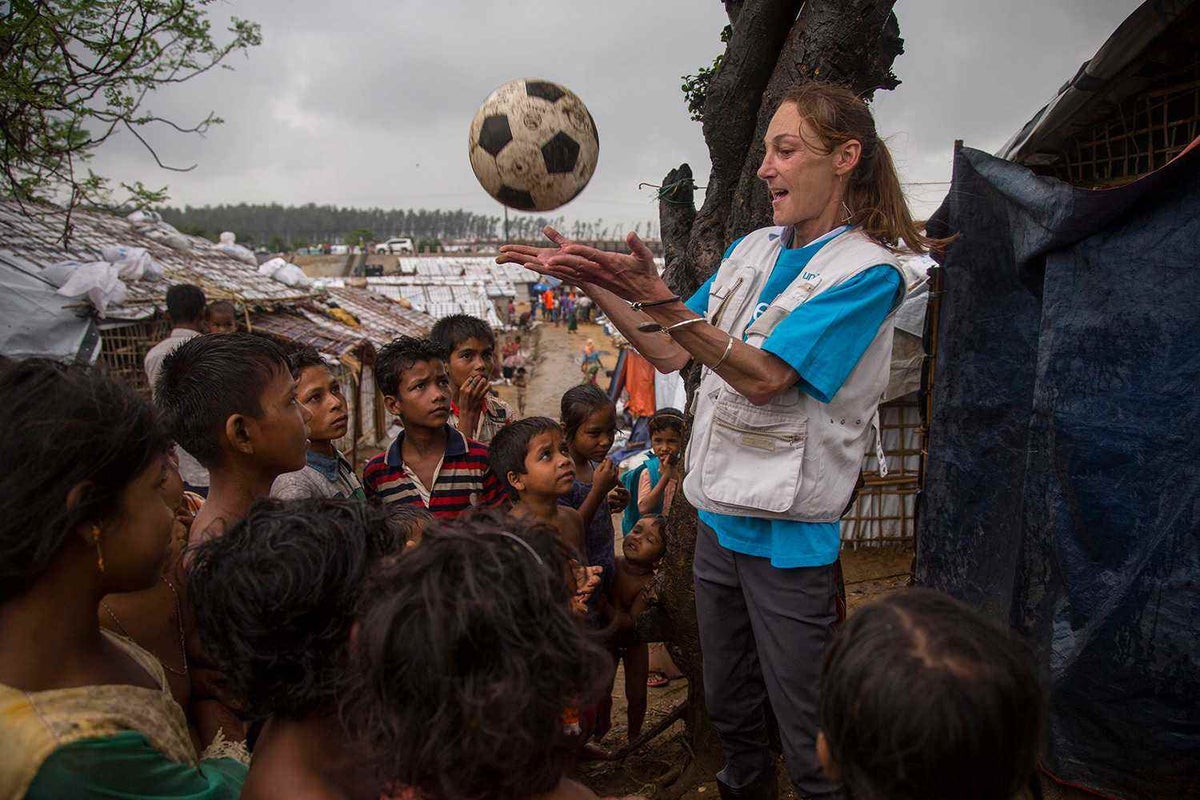
As a Child Protection Specialist, Krissie’s work in Cox’s Bazar is as varied as it is essential. In the overcrowded camps children need to be protected not just from the effects of the rain but also from abuse, violence and even child traffickers.
For the last six months in Bangladesh Krissie has worked alongside UNICEF’s implementing partners to help children who at high risk of harm access essential services.
“These include supporting children to find alternative care solutions, medical services, educational services, psychosocial support and, where necessary, foster care,” says Krissie.
“One of our priorities is ensuring as many children as possible have access to safe places where they can play. This is a basic right for children everywhere and it’s an incredibly important step in restoring a sense of normalcy to the lives of children who have suffered so much – and are now forced to live so far from the homes they always knew, in Myanmar.”
There’s no such thing as an “average day” working in Cox’s Bazar, says Krissie.
“While most days we work close to 12 hours, the context is so dynamic and morning plans rarely reflect the day ahead!” she says.
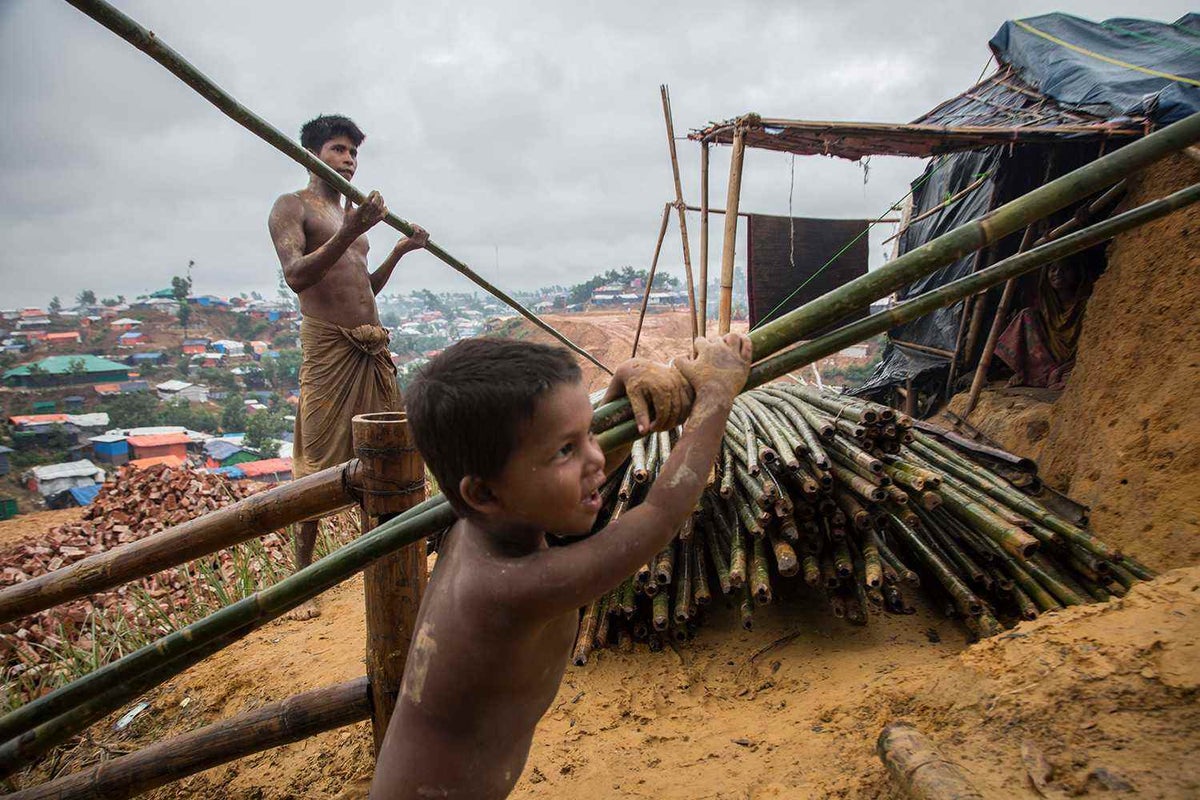
Through it all, Krissie remains optimistic and determined to get the job done.
“Despite the exceptional difficulties many of these children have experienced, they have an awe-inspiring resilience. Our day-to-day job is to do whatever we can to help these children have bright, healthy and safe futures – and more immediately, to protect them from the extreme weather as best we can.
“I recently went home to Melbourne for two weeks for a break. I noticed attention is fading from the Rohingya crisis, yet this is still a huge humanitarian catastrophe. Now the monsoon season threatens to magnify the suffering of hundreds of thousands of girls and boys caught in the middle of this crisis. Anything I can do to shed a light on that, I will do,” says Krissie.
Help Krissie save children's lives
Krissie and her team are working incredibly hard to keep Rohingya children safe from the monsoons, but they need our help to reach every child in danger.
Please donate to deliver water, health care and safe spaces for children.
Your emergency gift can ensure UNICEF humanitarians have the supplies they need to save young lives.
The storms are intensifying and everyday counts. Please don’t wait.
Related articles
Stay up-to-date on UNICEF's work in Australia and around the world



